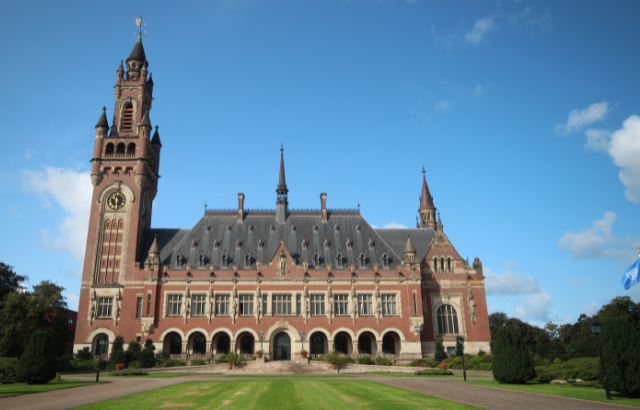What the Russian debt default means for Russia and for global financial markets
Rodrigo Olivares-Caminal, Professor of Banking and Finance Law at Queen Mary University of London, has written for the Conversation on the Russian debt default.

Russia’s recent default on its foreign debt – its first since 1918 – has been hailed as proof that the sanctions imposed by western governments since the invasion of Ukraine in February are working.
A 30-day grace period on US$100 million (£82 million) in interest on two bonds ended on June 27 2022, with Russia’s repayments on this foreign debt not reaching creditors. While the Kremlin claims the payment has been held up by clearing house Euroclear, ratings agency Moody’s has predicted the country is likely to continue to default on payments because it is repaying in roubles, rather than the currency specified in the bond prospectuses.
Amid this uncertainty, potential longer-term implications include the impact a default will have on Russia’s ability to attract investors, now and in the future. We asked legal expert Prof Rodrigo Olivares-Caminal to explain the significance of the defaults:
Russia’s missed interest payments were on two of its sovereign bonds: the 2026 US dollar and 2036 euro bonds.
In addition to the actual currency of these bonds, both allow interest payments to be made in pounds or Swiss francs if, for reasons beyond its control, Russia is unable to make payments in US dollars or euros. The 2036 euro bond goes even further by adding the Russian rouble as a possible alternative payment currency.
These additional options may seem useful, but creditors might prefer to avoid a currency mismatch by having Russia make repayments in the original currency of the bond.
These bonds also include a currency indemnity clause, which would allow Russia to be discharged from its repayment obligations if the investor receives or recovers the entire amount due on the bond.
Any payment in roubles must match the original amount owed when converted into US dollars or euros, however. In this case, roubles would probably be most useful to Russia since it has been largely cut off from the international financial markets.
In any event, the full impact of the default remains uncertain until the global financial market gets clarity on the following questions:
Would a payment deposited to an account in Russia in the name of the creditor amount to “receiving” the payment and therefore discharge Russia from its obligations? A creditor might receive repayments in this way, but actually recovering the money from the account could be complicated by government plans to restrict access to or transfers of Russia-based assets at the moment.
Also, was Russia prevented from paying because of the western sanctions? If so, since this is outside of its control, Russia could argue it is not to blame for the default. If a court deems the situation is self-inflicted, however, Russia may not be excused.
These issues would be subject to interpretation by a court of law. But Russia has not waived its sovereign immunity and has not submitted to the jurisdiction of a court named in either of the two bond prospectuses. As such, creditors and the global markets must continue to wait for further clarity.
This article first appeared in The Conversation.
Related items

10 December 2024

10 December 2024
